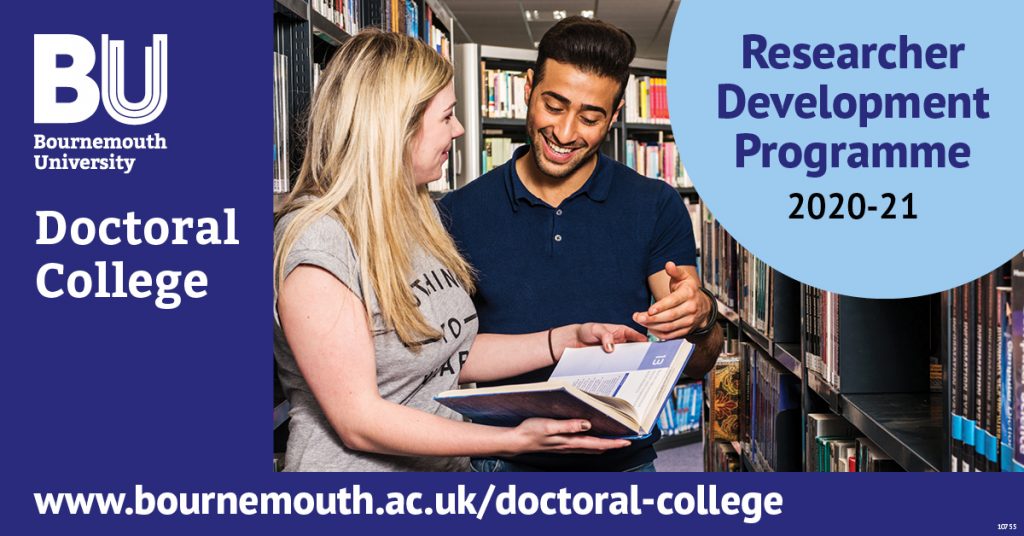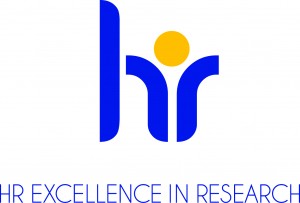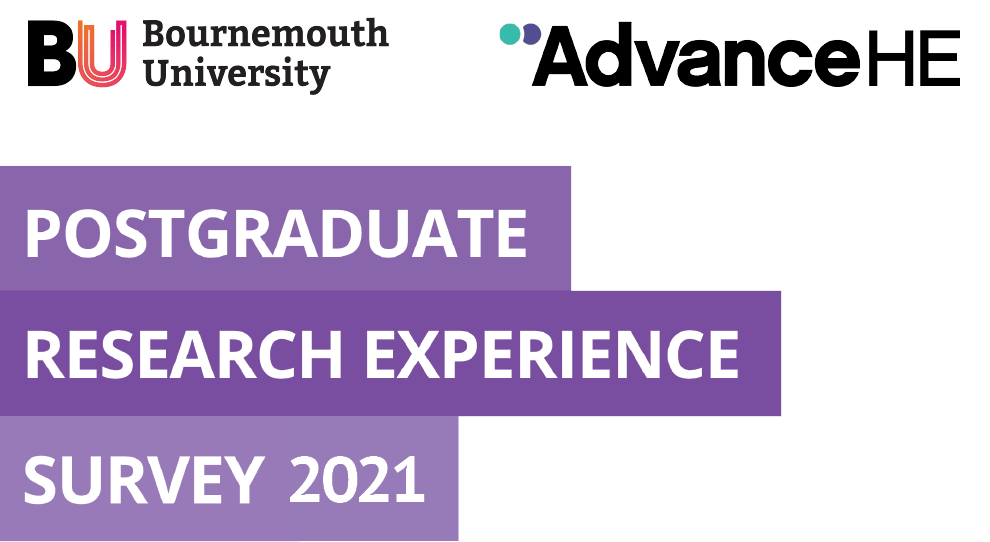
In today’s blog post, Dr Nicolette Barsdorf-Liebchen, our Research Facilitator for Animation, Simulation & Visualisation explores game-changing research ideas that have come across her desk. To learn more about the call for game-changing research concepts, see our blog post on where to find out more information.
“In case you are not quite sure just how game-changing your research ideas are, here are some examples randomly culled from the many diverse current projects around the globe to guide and inspire you. Some may even relate to your own field, and provide an indication as to possible directions in which you could drive your research. All game-changing ideas require interdisciplinary collaboration nowadays. The ones below typify projects which integrate two or more of the SIAs, and so represent paradigmatically the type of game-changing ideas we seek to support. Read, and be inspired!
Innovative Technology in the Manufacturing Industry
In their article “Augmented Reality – A Game-Changing Technology for Manufacturing Processes”, Kohn and Harborth (2018) explain that current research has shown that in the digital era companies are experiencing ever-increasing pressure to be both more productive and produce better quality goods while simultaneously cutting costs. The integration of innovative new digital technologies throughout the manufacturing process is now crucial, requiring fundamental transformation in businesses to cope with these increasing requirements, and continue to be competitive. The current integration of such an innovative technology like, eg., augmented reality in the manufacturing industry has a significant impact on different work processes, improving production operations and especially assembly processes, while applied AR solutions involve maintenance and inspection processes. If you think you may have just such an industry solution, let it wing its way to us via your EoI!
Digitalisation and Sustainability
Digitalisation towards sustainability is a rapidly-growing area of research and innovation around the globe (Seele and Lock, 2017), and if you are not on board, you will surely get left behind! E-health services, robotics, emission reduction solutions, and so forth, are all areas of vibrant development geared towards helping ourselves and saving our planet. Sustainability is the buzzword, and rightly so: our survival literally depends upon making almost every area of our lives sustainable. However, the overall “sustainability gap” (Lubin and Esty 2014) continues to be a major issue. As Seele and Lock (2017) observe, “The overconsumption of natural resources and its harmful consequences threaten the basis of our existence and that of future generations”. If you wish to be part of the global mission to achieve a more sustainable planet in light of the sustainable development goals, gear your idea in this green direction. Any research which targets strategic innovation via digitisation in the services of sustainability is by its very nature game-changing research.
Urban Design and Spatial Development
One striking Leverhulme project we have found which inspires us concerns urban design. We love Professor Marion Roberts’ award-winning project. She describes it thus: “Urban design as a practical activity can be loosely described as three-dimensional town planning. Urban designers set out the framework for the spatial development of urban places, at scales ranging from a whole town down to an urban square. This ‘specialist-generalist’ activity covers a complex assembly of agendas, as it tries to accommodate buildings, hard and soft landscaping, transport and movement systems and of course, people in all their diversity. Contemporary urban design theory and practice has largely avoided the night as a time-space…” This project focusses on the dark side and is thus a game-changer in terms of frameworks for urban design. (https://www.leverhulme.ac.uk/emeritus-fellowships/urban-design-and-urban-night)
Early Learning with Technology: Determining the Most Effective Use of Digital Learning Tools
The Institute for Learning and Brain Sciences at the University of Washington describes 6 game-changing projects upon which its scientists are currently working. One of them concerns children and early learning with digital technology (http://ilabs.washington.edu/game-changing). Children are our future; we all know that. They are the ones to inherit this besieged planet and find messianically redemptive solutions for its diabolical troubles. So, from an ASV perspective, how do children benefit from the use of AR/VR technology in particular? Given that our visual sense is central to our learning processes, what we discover in experimenting with how children interact and learn with AR/VR could be used “to refine learning technologies, from computers to mobile phones, in ways that promise personalized learning in developing children”. CV-19 has required a rapid step-change in the further development of these tools, and the pedagogic research surrounding their use in early education. Let your ideas plug into the demand!”
 Tuesday 13th April – Thursday 15th April 2021
Tuesday 13th April – Thursday 15th April 2021



 In summer 2015, we launched the BU Bridging Fund Scheme which aims to provide additional stability to fixed-term researchers who are often employed on short term contacts linked to external funding. This situation may impact on continuity of employment due to breaks in employment, job security and can result in a costly loss of researcher talent for the institution.
In summer 2015, we launched the BU Bridging Fund Scheme which aims to provide additional stability to fixed-term researchers who are often employed on short term contacts linked to external funding. This situation may impact on continuity of employment due to breaks in employment, job security and can result in a costly loss of researcher talent for the institution.


 Last year, we published a
Last year, we published a  Every BU academic has a
Every BU academic has a  By clicking on this box, on the left of the Research Blog home page just under the text ‘Funding Opportunities‘, you access a
By clicking on this box, on the left of the Research Blog home page just under the text ‘Funding Opportunities‘, you access a 










 SPROUT: From Sustainable Research to Sustainable Research Lives
SPROUT: From Sustainable Research to Sustainable Research Lives BRIAN upgrade and new look
BRIAN upgrade and new look Seeing the fruits of your labour in Bangladesh
Seeing the fruits of your labour in Bangladesh Exploring Embodied Research: Body Map Storytelling Workshop & Research Seminar
Exploring Embodied Research: Body Map Storytelling Workshop & Research Seminar Marking a Milestone: The Swash Channel Wreck Book Launch
Marking a Milestone: The Swash Channel Wreck Book Launch ECR Funding Open Call: Research Culture & Community Grant – Application Deadline Friday 12 December
ECR Funding Open Call: Research Culture & Community Grant – Application Deadline Friday 12 December MSCA Postdoctoral Fellowships 2025 Call
MSCA Postdoctoral Fellowships 2025 Call ERC Advanced Grant 2025 Webinar
ERC Advanced Grant 2025 Webinar Update on UKRO services
Update on UKRO services European research project exploring use of ‘virtual twins’ to better manage metabolic associated fatty liver disease
European research project exploring use of ‘virtual twins’ to better manage metabolic associated fatty liver disease